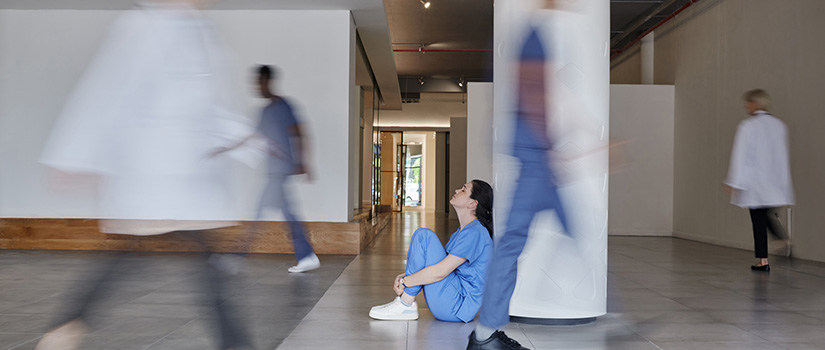Health care workers are a fundamental part of their industry to support healthy people living in healthy communities. According to South Carolina Department of Health and Environmental Control (DHEC), there are approximately 90,000 licensed nurses, roughly 40,000 actively practicing, in the state to date.
But these health workers continue to face a mental health crisis. A new report from the Centers for Disease Control (CDC) found that most health workers experience increased burnout following the pandemic. The findings also showed a rise in hostile work environments due to actions from patients and their families and coworkers.
How we got here
The Journal of the American Medical Association (JAMA) recently published a study estimating the suicide risk in the United States among health workers has grown compared with non-healthcare workers. The data showed that the annual suicide rates per 100,000 person-years ranged from 21.4 for health care support workers, to 16 for registered nurses, compared with 12.6 for non–health care workers.
Some health workers might not disclose their struggles or seek mental health resources out of fear that it could impact their careers or even their licenses. University of South Carolina College of Nursing Assistant Professor, Nikki R. Smith gradually reached this point in her prior role as a Lieutenant Colonel leading the Department of Primary Care at an Army military clinic. As a health care provider, she ignored events in her own life that increased her stress levels and intrusive thoughts. Finally, she realized she could not take care of her patients if she couldn’t take care of herself and entered a partial-hospitalization intensive outpatient program.
What they’re saying
“I realized that it is okay to seek help. I can be a provider, mother, wife, friend, mentor, and all those things I desire without compromising my sanity. By seeking mental health, I finally gave myself permission to take care of myself and find my purpose. I had to learn to be present, not perfect,” says Smith.
